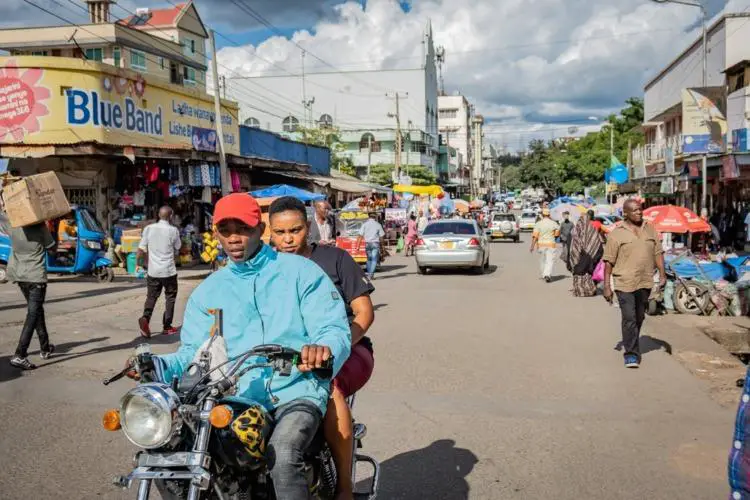Tanzania, one of the fast-growing economies across the African continent ascended to a low-middle income country status (LMIC) in 2020, amid COVID-19 pandemic shocks. The achievements of the East African nation of more than 59 million people have been recognized across the world, with the World Bank (WB) taking note of the country’s success and throwing more than congrats to the table. Amid uncertainties
[elementor-template id="94265"]
